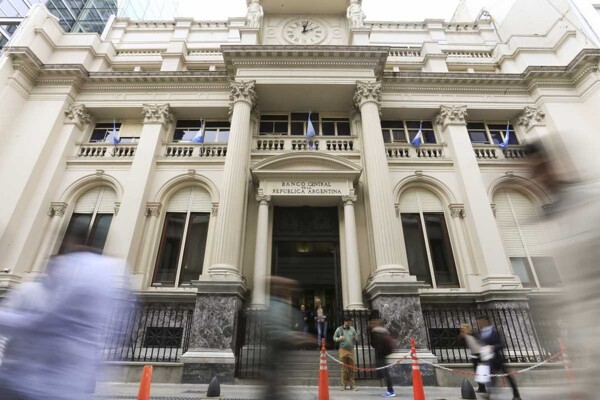
In the Buenos Aires Metropolitan Area (AMBA) alone, over 4,400 cases of virtual fraud have been reported so far in 2025, a 110% increase from the previous year. This data comes from a survey by the NGO Defendamos Buenos Aires, led by public security expert lawyer Javier Miglino.
The lawyer explained that criminal gangs are seeking new methods of theft, and virtual wallets are becoming an ideal tool. Thieves can steal money in seconds by transferring it to the accounts of commercial establishments such as sushi bars, pasta shops, steakhouses, and cafés. The business owner confirms the transaction, making it nearly impossible to prove that the payment was fraudulent.
"The thief knows they are stealing, gets the cash in seconds and leaves no trace, because the business receiving the transfer endorses the operation," Miglino noted.
He also emphasized that people are often too careless, leaving their phones in plain sight and unlocked. Scammers exploit this to instantly transfer money to the accounts of their criminal network, which are often linked to businesses that are clearly part of the illicit scheme.
The problem is compounded by the fact that when trying to report a theft, customer support for virtual wallets is often inadequate. Communication is mostly handled through chatbots, email, or social media, which makes resolving the issue difficult.
"Sometimes it can be hard to reach a person who can actually solve the problem. So, in the event of a theft, the user faces two problems: the theft itself and the inability of the company behind the virtual wallet to take responsibility," the lawyer detailed.
Miglino provided the example of two women from Tucumán province who were visiting Buenos Aires. While having coffee at a café in the Belgrano district, one of them had her phone stolen. The next day, back in Tucumán, she received a notification of a $500 transfer to a sushi restaurant near the café where the theft occurred. When she tried to file a complaint through the app, she was told she needed to file a police report. However, the police in Tucumán informed her that the report had to be made in Buenos Aires, a journey of 1,250 kilometers that was impossible for her to undertake. As a result, she lost her money.
According to Miglino, until 2024, fraud involving Facebook Marketplace and similar platforms was commonplace, but many gangs were apprehended thanks to the effective work of the National Criminal Court of Instruction and other tribunals. However, criminals have now shifted their focus to virtual wallets, which offer good returns on accounts and are easy to use for immediate payments, making them popular with users and, at the same time, vulnerable to fraud.
"Everyone in the criminal gang wins, and the suffering consumer pays the price," he concluded.














